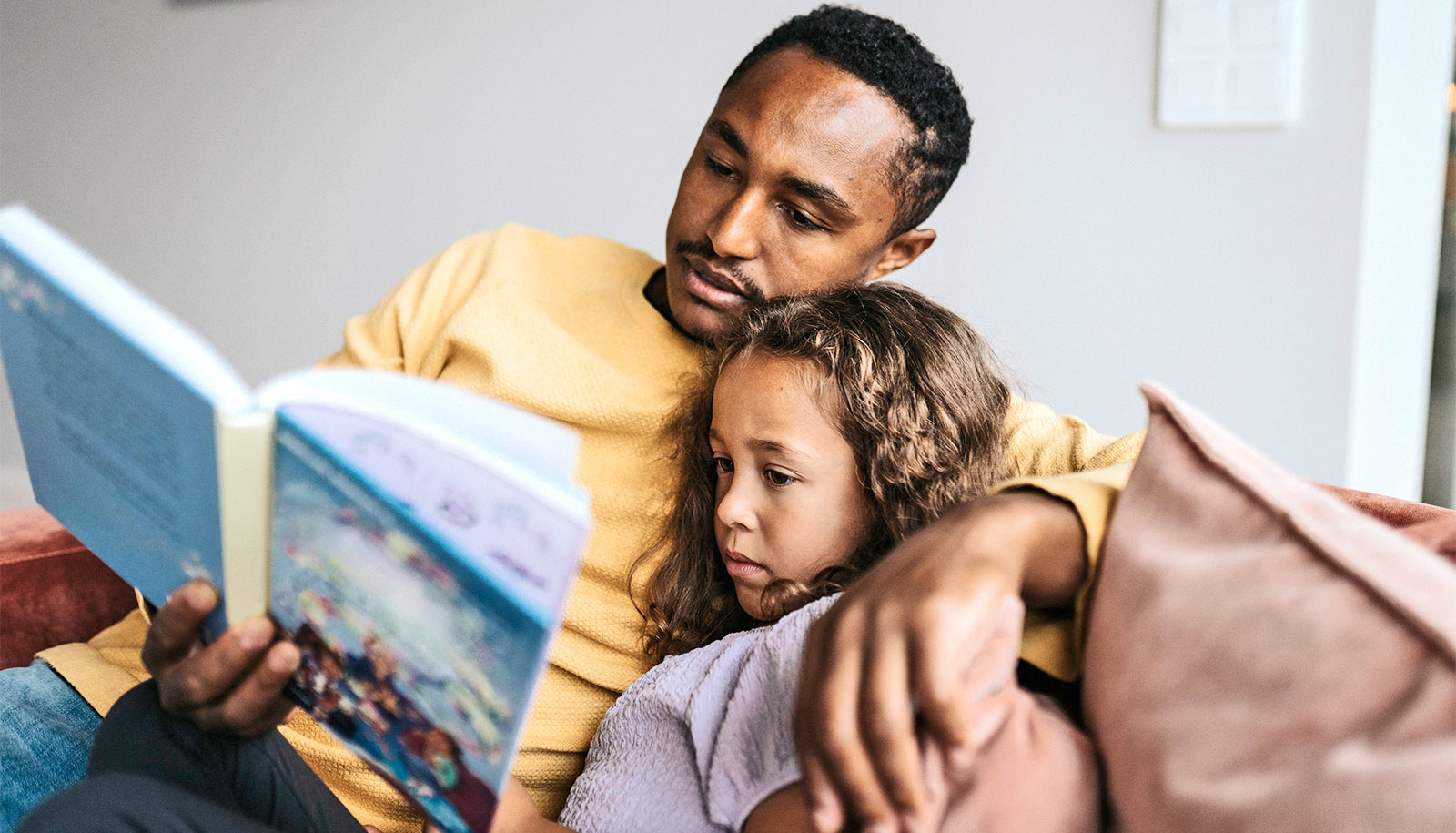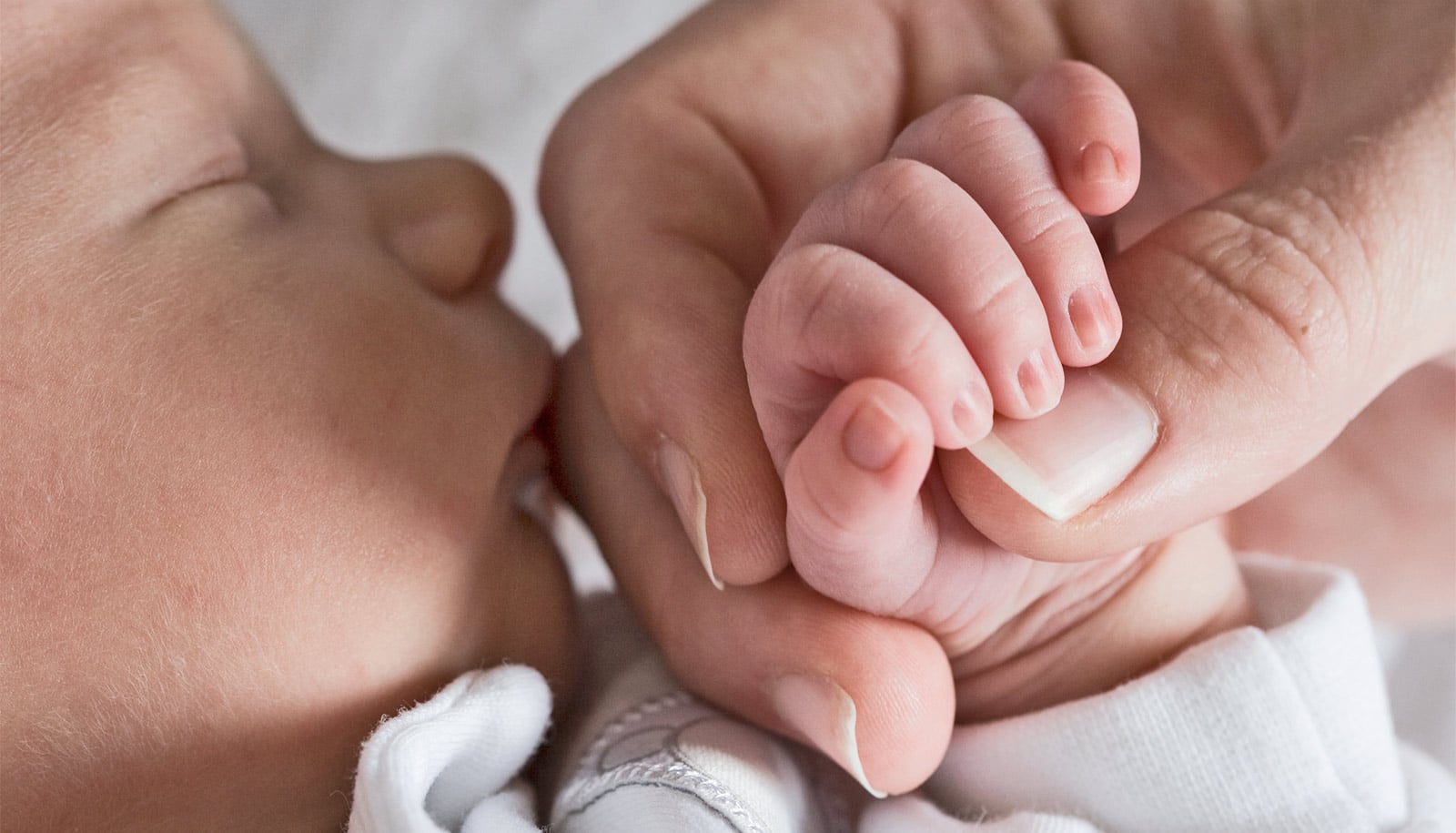Teacher ratings of parental involvement early in a child’s academic career can accurately predict the child’s academic and social success, new research shows.
The findings show the importance of teacher-parent connections and also the need for training teachers on how to create effective relationships with all parents, says Keith Herman, a professor in the University of Missouri College of Education and co-director of the Missouri Prevention Center.
“It’s clear from years of research that teacher perceptions, even perceptions of which they are not aware, can greatly impact student success,” Herman says. “If a teacher has a good relationship with a student’s parents or perceives that those parents are positively engaged in their child’s education, that teacher may be more likely to give extra attention or go the extra mile for that student.
“If the same teacher perceives another child’s parents to be uninvolved or to have a negative influence on the child’s education, it likely will affect how the teacher interacts with both the child and the parent.”
“Negative perceptions often bring out negative behaviors.”
For their study, Herman and colleagues randomly assigned more than 100 teachers to receive a professional development program called the Incredible Years. The program aims to prepare teachers to develop more effective relationships with parents and students, and to improve their classroom management skills.
Teachers completed surveys about their more than 1,800 students and parents at the beginning and end of the school year, including answering questions asking about the quantity and quality of their relationships with parents and the parents’ involvement in their children’s education. The researchers also collected ratings and observations on student behavior and academic performance.
Children whose parents were identified by teachers as more positively involved had higher levels of prosocial behaviors and more academic success. Additionally, the researchers found that parents who had children in classrooms where teachers received the training were more likely to develop more positive behaviors, including higher involvement and bonding with the teacher.
Teacher outreach to parents aligns with stereotypes
“Negative perceptions often bring out negative behaviors,” Herman says. “We also know, from this and prior studies, that teachers are more likely to report less comfort and alignment with parents whose children have academic and social problems, and parents from low-income and/or from racial or ethnic minority groups. In other words, often the families and students who need the most positive attention and support to re-engage them in education, are often the ones who are viewed the least favorably.
“Fortunately, this study shows that we can support teachers to improve their relationships with all parents, resulting in a better education for all children while also encouraging parents to become more involved in the education process.”
Herman and colleagues have successfully implemented a teacher-training program that improves teacher-parent relationships and creates more positive perceptions of parental involvement. Papers outlining this study and the teacher-training program have been accepted for publication in School Psychology Quarterly and the Journal of School Psychology.
Source: University of Missouri



